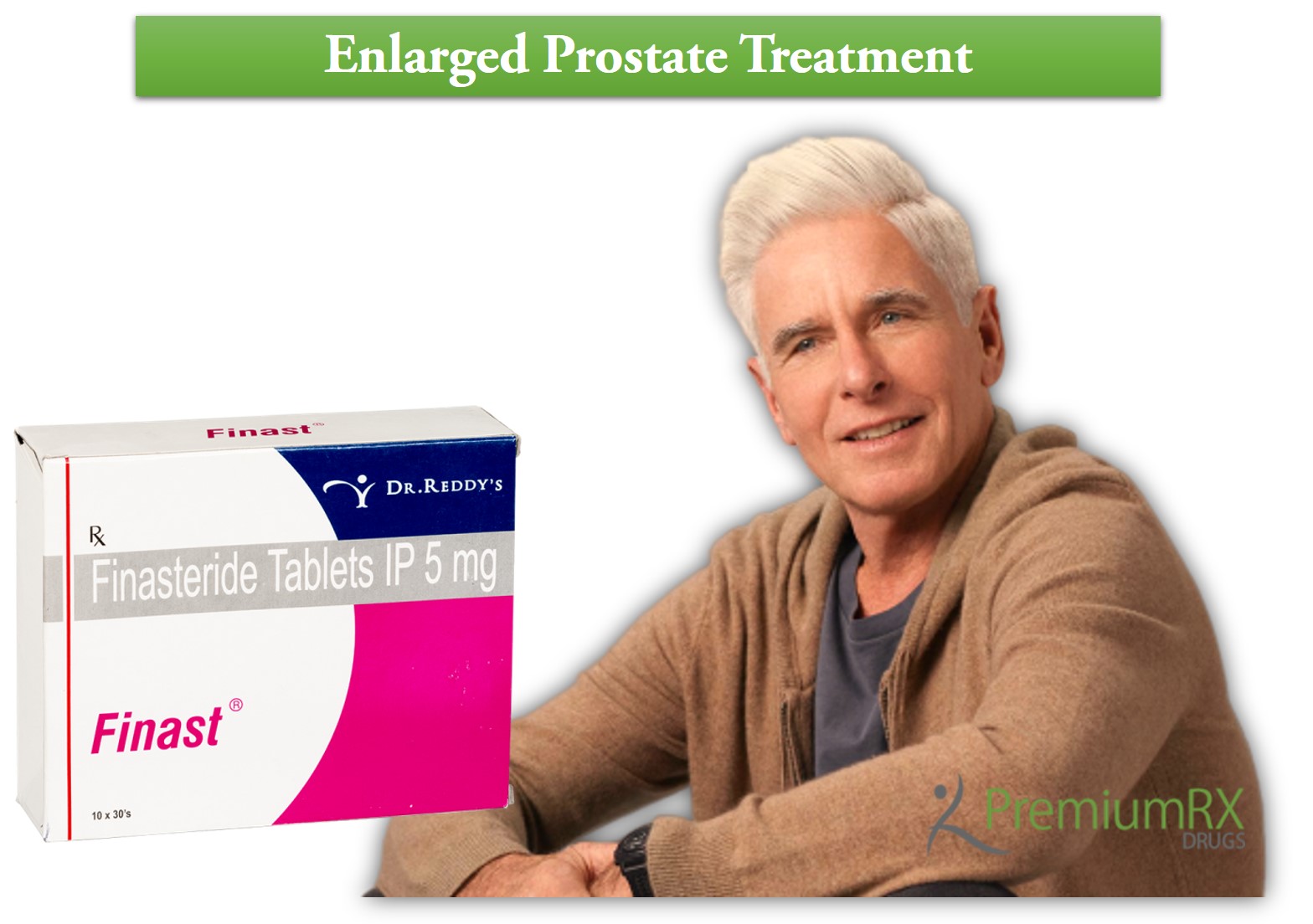When men complain of lower urinary tract problems, they may be due to their big prostate or benign prostatic hyperplasia (BPH). When the size of the prostate increases, it can grow or progress to the size of a golf ball; it usually is about the size of a walnut. The abnormal increase in the number of cells in your prostate gland results in this condition. BPH is a common disorder in men and affects many men across the world. Data suggests that around 40% of men in their 50s and 90% of males in their 80s develop this condition. Having an enlarged prostate makes your urine flow to block from the bladder.
What are the signs and symptoms of BPH that should concern you?
BPH or enlarged prostate may cause different symptoms. Remember, not two; not all men suffering from this condition have the same symptoms. The most common sign associated with benign prostatic hyperplasia is a slow urinary stream because of a urethra blockage. However, other symptoms, such as urinating too often or leaking urine, are also common with this condition. A lot of people with BPH may experience the feeling of incomplete bladder emptying, uncontrollable need to urine, straining, the urgency to urinate at night, weak stream, intermittency, or urinating too often.
In some cases, BPH may cause other symptoms as well. Still, there are chances that these symptoms are often a part of other health conditions, and you may need to undergo an examination to ensure that BPH is the only reason behind your urinary tract symptoms. Other BPH symptoms include blood in the urine, painful urination, urine leakage, and inability to empty the bladder.
A condition that is so common in men, it may surprise you that many men don’t even realize they have an enlarged prostate until they have severe problems with it. This may be because men don’t often talk or discuss these issues. If you notice problems with going to the toilet after crossing 50 years of age, keep it in check and discuss your problem with a health care expert. Even though we have a lot of information about BPH available, people don’t have a very good understanding of what exactly causes you to develop an enlarged prostate; most of us are unaware of the fact that why some men develop symptoms and others don’t. BPH is more common in older adults and hormones are involved in the development of this condition. Hormonal changes occur as men age; their estrogen levels increase, and their testosterone levels decrease, possibly contributing to BPH. Diet, inflammation, infection, and family history may also be associated with the condition, but it is still unclear. In most men who develop lower urinary tract symptoms related to an enlarged prostate, their BPH symptoms are mild, and no active treatment is required to treat them. While on the other hand, some men experience troublesome symptoms. In such cases, immediate medical help is needed. These men need urgent treatment with medications or even surgery. Every individual is different and requires different treatments. A patient must discuss the risks and benefits of the available medicines with the health care specialist.
Suppose you suffer from lower urinary tract symptoms, which may be because of BPH. In that case, you should undergo a physical exam, a thorough medical history, or other tests recommended by your health care expert.
What are the options available for BPH treatment?
There are many different options for treating BPH. Speaking to your healthcare provider about the risks and benefits of using these treatments is important. The basic ways of managing BPH include medical treatment and surgery.
Medical treatment- Medications for treating BPH are available. These are effective with minor side effects and are meant to be taken for life. The main classes of medications include PDE%Is, alpha-blockers, and 5-alpha reductase inhibitors. In severe cases, your healthcare provider may prescribe other drugs to lower your BPH symptoms, and these may include anticholinergics. Medications such as tolterodine and oxybutynin widen the smooth muscle in the bladder and prostate and improve symptoms. It is essential to take these medications under the supervision of a healthcare specialist. These BPH medications may increase the amount of urine left after urination. You may also experience side effects such as constipation and dry mouth.
Surgery- Medications work well when treating BPH, so fewer men undergo surgery. If you still have symptoms despite using medications, you may need surgery to treat your condition. Also, if you experience side effects of the drugs or find difficulty in taking the pill, you may discuss surgery with your health care provider. If you have complications from your BPH, then surgery is right for you. These complications include bleeding, bladder stones, and urinary retention. The surgery aims to remove the tissue that is creating the problem.
Marie
Latest posts by Marie (see all)
- Guide for Careprost as Eyelash Enhancer – Benefits, Usage, Side Effects - July 3, 2025
- Eptoin 50mg Uses, Precautions and Side Effects - July 1, 2025
- Eyelash Goals Unlocked: Why Careprost Is the Ultimate Solution. - June 30, 2025




